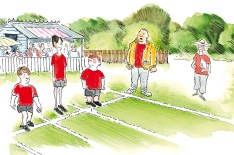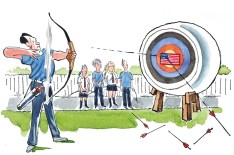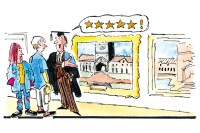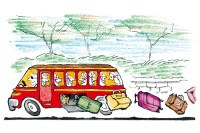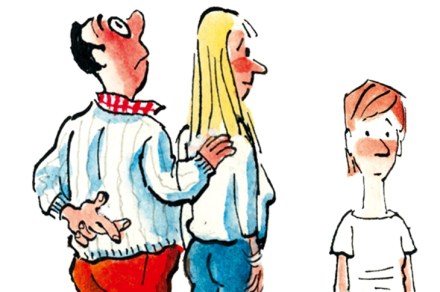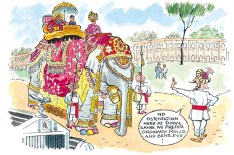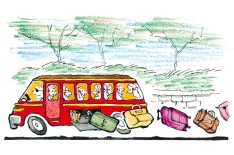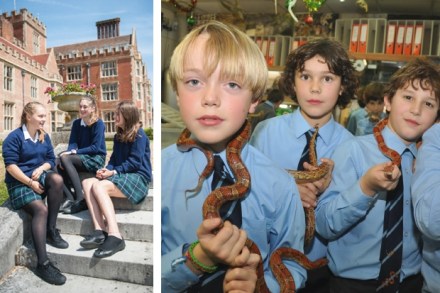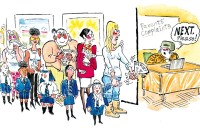Wealthier by degree
It is not a great advert for university when the universities minister says he is not especially bothered whether his own children go or not. ‘The days of degree or bust are long gone,’ Jo Johnson told the Sunday Times recently. ‘There are alternative ways into the workforce these days. Absolutely I would say to my own kids to consider them.’ But hasn’t he got it the wrong way round? Is it not the case that a degree is more essential now than ever? That the chances of getting a good job without one have greatly diminished since a generation ago, when East End barrow boys went straight into the



